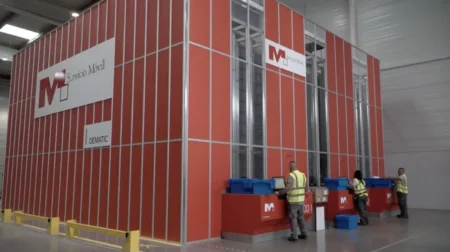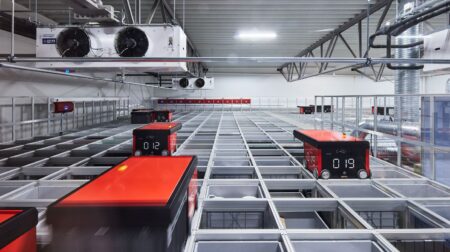Robotic process automation (RPA) software company UiPath has announced the next generation of its platform.
The development will expand Unipath’s RPA solution offering, from automating existing tasks to creating new business applications.
According to UiPath, the robotic platform mimics how humans use software such as emails and databases, enabling it to undertake repetitive tasks and help customers fully automate their enterprises.
The expanded platform features new low-code capabilities and extended cloud robot deployment options, which are designed to make it faster to deploy enterprise automation solutions.
Param Kahlon, chief product officer, UiPath, said: “We believe democratisation of automation is at the forefront of any successful digital transformation strategy.
“While the concept of end-users creating their own solutions might not be new, organisations understanding the potential impact of seamless robotics-based automation with more powerful low-code tools is.”
The company has also introduced its robot-powered low-code application builder. UiPath Apps is a web-based, drag-and-drop business application that enables developers to build and deploy enterprise grade applications.
These range from a single form on a single automation, to multi-screen interactive and responsive experiences running across multiple automations. It is built on top of various cloud and on-premises applications including ERP, CRM, as well as legacy systems without APIs.
Daniel Dines, CEO, UiPath, added: “With UiPath Apps, automation is becoming the application, enabling every employee to interact with robots. Instead of directly touching the myriad of apps and databases spread across an enterprise, employees will ask a robot to carry the task and work a process.”
Furthermore, UiPath has announced a new data service that allows users to model and store business data directly in the UiPath platform. The development is designed to keep data centralised and secure, without the need for an external system to persist data.
New options for provisioning, managing and optimising robots in the cloud were also launched. According to UiPath, cloud robots offer robot capacity that is scaled up and down based on enterprise requirements. This means that customers pay for cloud infrastructure services only when robots are processing and generating results.








